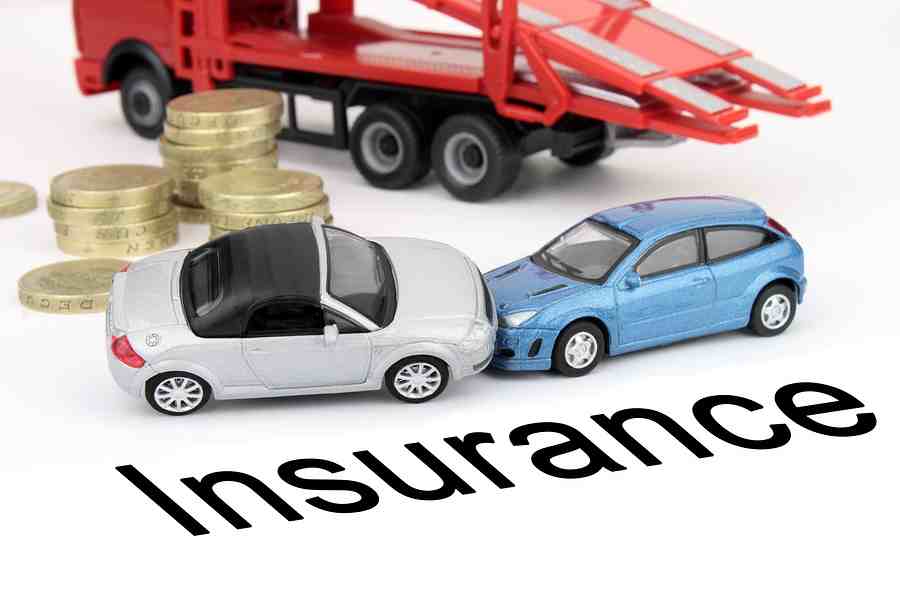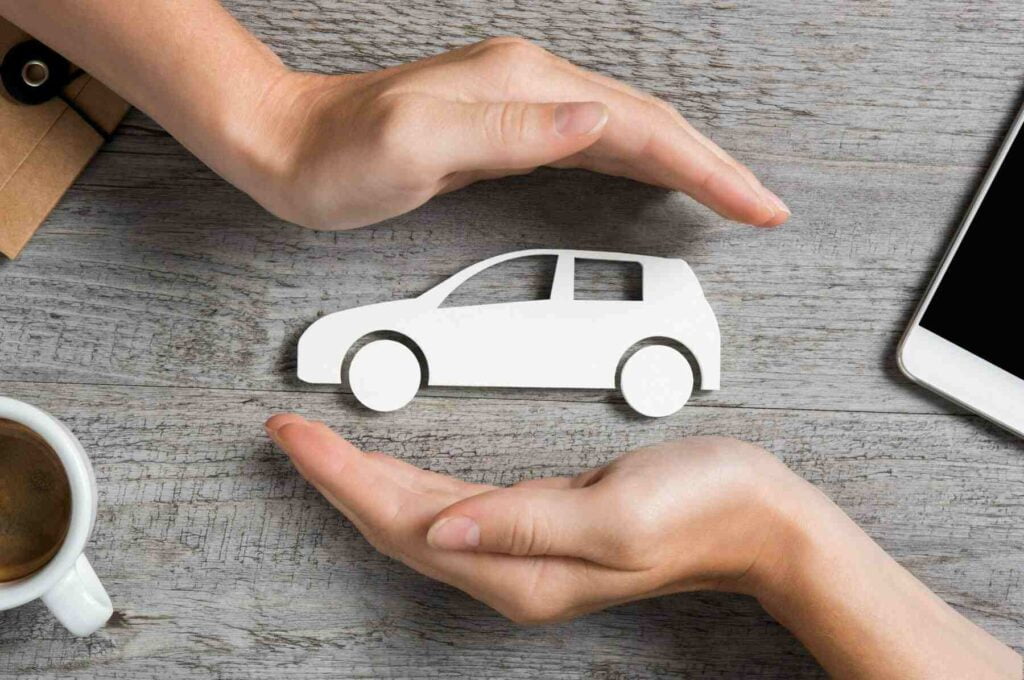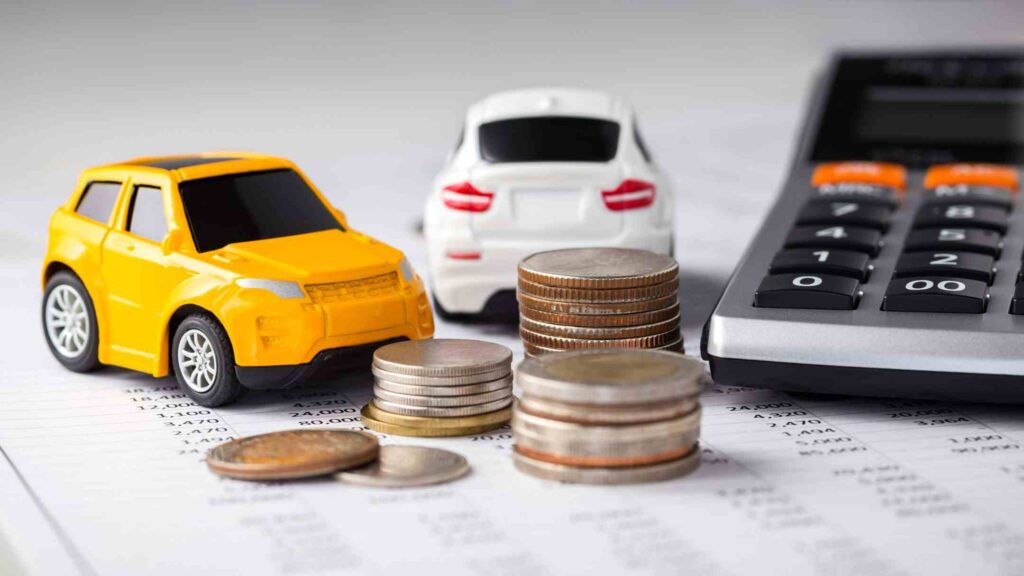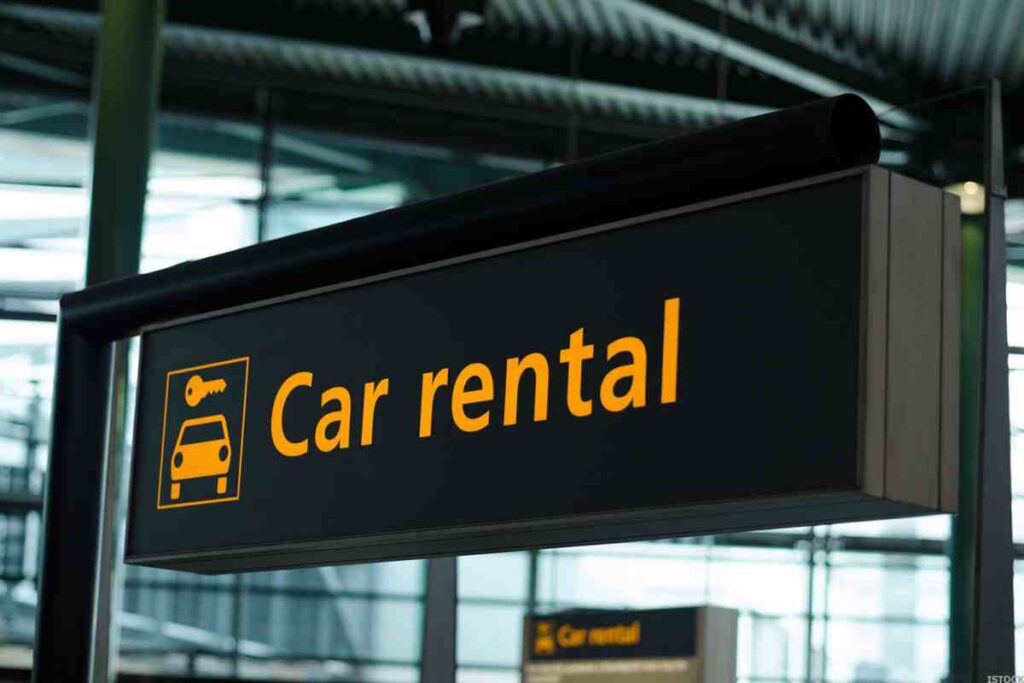Car insurance, a necessary safeguard for every driver, is influenced by a myriad of factors. Age, driving history, and even the type of car you drive are commonly known determinants of your insurance premium. But did you know that your employment status can also impact your car insurance rates? It may come as a surprise to many that being unemployed can lead to higher premiums.
This article aims to shed light on this lesser-known aspect of car insurance, exploring why and how unemployment affects your car insurance costs. As we navigate through the complexities of insurance risk assessment, we’ll uncover the correlation between employment status and insurance rates, backed by statistics and studies. Whether you’re employed, unemployed, or somewhere in between, understanding this aspect of car insurance could potentially save you money and stress in the long run.
Unemployment and Risk

From an insurer’s perspective, the risk associated with an individual is a crucial factor in determining car insurance premiums. Here’s why being unemployed might be associated with a higher risk:
- Financial Stress: Unemployment often leads to financial stress, which could result in deferred maintenance of the vehicle. A poorly maintained vehicle is more likely to be involved in an accident or breakdown, leading to higher claims.
- Increased Driving: Unemployed individuals might spend more time on the road during peak accident times (like weekdays) as they search for jobs or attend interviews. More time on the road can increase the likelihood of an accident.
- Mental Health Factors: Unemployment can lead to stress and other mental health issues, which could potentially impact driving ability or decision-making on the road.
- Higher Claim Rates: Some studies suggest that unemployed drivers tend to file claims more frequently than employed ones. This could be due to a variety of reasons, including the factors listed above.
- Lapse in Coverage: Unemployed individuals may let their car insurance lapse due to financial constraints, which is a red flag for insurers. A history of insurance lapses can lead to higher premiums in the future.
- Policy Termination and Reduction: The level of employment income affects the level of consumption, including insurance products. Policyholders may terminate their policies, apply for policy loans, and reduce future premium payments when they are unemployed.
- Economic Instability: During periods of economic downturn, insurance companies may experience reduced demand for policies, increased policy cancellations, and lower investment returns. Economic instability can also lead to higher levels of unemployment and increased default rates, impacting the insurance industry’s profitability.
- Risk of Job Loss: Job loss leads to drops in consumption and significant welfare losses. This can increase the risk for insurers as there does not exist a thriving private market for insurance against unemployment or job loss.
It’s important to note that not all insurance companies view unemployment as a risk factor in the same way. Some may place more emphasis on it than others. Therefore, it’s always a good idea to shop around and compare quotes from different insurers.
Will Unemployment Increase My Car Insurance Premium?
Unemployment itself does not typically have a direct impact on your car insurance premium. Insurance companies generally do not consider your employment status when calculating your premium. However, there are some exceptions to this rule. If you’re receiving a discount based on your job title—for example, if you’re a nurse or a teacher—then losing your job would mean losing your discount as well. This could potentially raise your premiums.
Also, if unemployment leads to financial instability and you are unable to pay your premium, you may risk losing your coverage altogether. It’s important to maintain your insurance payments to ensure continuous coverage. If you anticipate difficulty in making payments due to job loss, it’s advisable to communicate with your insurance provider about potential discounts or reducing your coverage.
Remember, while your employment status isn’t a major factor in determining your premium, other factors such as your driving history, the type of car you drive, and where you live can significantly affect your car insurance rates. So, it’s always a good idea to shop around and compare rates from different insurance providers.
How to Save on Car Insurance If You Are Unemployed?

If you’re unemployed and looking to save on car insurance, here are some strategies you can consider:
- Shop Around: Compare quotes from multiple insurance providers to find the most competitive rates. Different insurers may offer varying discounts and incentives, so it’s essential to explore your options thoroughly.
- Adjust Coverage: Evaluate your current coverage and consider whether you can adjust it to better fit your needs and budget. For example, you might opt for a higher deductible or reduce coverage levels for certain aspects of your policy, such as comprehensive or collision coverage.
- Take Advantage of Discounts: Inquire about available discounts for which you may qualify. Common discounts include those for safe driving records, bundling multiple policies (e.g., auto and home insurance), completing defensive driving courses, or being a member of certain organizations.
- Consider Usage-Based Insurance: Some insurers offer usage-based insurance programs that track your driving habits using telematics devices or smartphone apps. If you’re a low-mileage driver or have safe driving habits, you could potentially qualify for lower premiums through these programs.
- Maintain a Good Credit Score: In many jurisdictions, insurance companies use credit scores as a factor when calculating premiums. While unemployment can impact your finances, maintaining a good credit score can still help you secure lower insurance rates.
- Ask About Financial Hardship Programs: Inquire with your insurance provider about any financial hardship programs or flexible payment options they may offer for policyholders facing temporary financial difficulties, such as unemployment.
- Explore Government Assistance: Investigate whether there are any government assistance programs or initiatives in your area that provide support for car insurance premiums or related expenses for individuals experiencing financial hardship.
- Drive Safely: Maintaining a clean driving record is one of the most effective ways to keep your insurance premiums low. Avoid accidents and traffic violations, as these can lead to increased insurance rates.
- Consider Dropping Comprehensive and Collision Coverage: If you own an older vehicle that’s paid off, it may be worth considering whether you need comprehensive and collision coverage, as these types of coverage primarily protect your vehicle. Dropping them could significantly reduce your premiums.
- Stay Informed and Reevaluate Regularly: Keep yourself informed about changes in your insurance needs and the insurance market. Reevaluate your coverage periodically to ensure it still aligns with your circumstances and financial goals.
By implementing these strategies, you can potentially save on car insurance premiums even while you’re unemployed.
Job-Related Risk Factors
Occupation plays a significant role in determining insurance rates, including car insurance. Here’s how:
- Risk Assessment: Insurance companies assess the risk associated with a person’s occupation. Jobs that involve more driving or are considered high-risk (like delivery drivers or construction workers) often have higher insurance premiums.
- Occupational Hazards: Certain occupations involve exposure to hazardous substances or dangerous environments, such as firefighters or chemical workers. These higher risks are considered when setting premiums.
- Stress and Mental Health: High-stress professions like healthcare workers and executives are often associated with increased rates of stress-related illnesses. This can impact an individual’s physical and mental well-being, which is taken into account when determining premiums.
- Sedentary Jobs: Occupations that lack physical activity can contribute to a higher risk of developing chronic conditions like obesity, diabetes, and cardiovascular diseases. These jobs require individuals to lead sedentary lifestyles, spending extended periods sitting at desks or in front of computers. The impact of sedentary jobs on overall health is considered and may adjust premiums accordingly.
- Occupational Demographics: Some professions attract younger individuals who may have fewer health issues or lower health risk profiles. This can also affect insurance premiums.
Why Do Luxury Cars Cost More to Insure?
Remember, these are general factors and the exact impact of occupation on insurance rates can vary between different insurance companies and policies.
Should I Cancel My Car Insurance Coverage to Save Money?
While it might seem like a good idea to cancel your car insurance to save money when you’re unemployed, there are several factors to consider:
- Legal Requirements: Most states require car owners to have at least a minimum amount of insurance. If you cancel your insurance, you could be in violation of the law.
- Financial Risk: Without insurance, you would be financially responsible for any accidents or damages involving your car. This could result in significant out-of-pocket costs.
- Higher Premiums in the Future: If you cancel your insurance and then decide to get coverage again later, you might face higher premiums due to the lapse in coverage.
- Alternatives to Cancelling: Instead of cancelling your insurance, you could consider reducing your coverage to the minimum required or asking your insurer about potential discounts or hardship programs.
It’s important to carefully weigh these factors and consult with an insurance professional before making a decision.
FAQs
Q 1. Does temporary unemployment affect my car insurance?
Ans. Temporary unemployment may affect your car insurance rates as insurance companies consider employment status as a factor in determining risk. However, the impact may vary depending on the insurance company and the duration of unemployment.
Q 2. What happens if I can’t afford my car insurance due to unemployment?
Ans. If you can’t afford your car insurance due to unemployment, it’s important to contact your insurance company as soon as possible. They may be able to adjust your coverage or payment plan. However, letting your car insurance lapse could lead to higher rates in the future.
Q 3. Can I pause my car insurance if I’m unemployed and not using my car?
Ans. Some insurance companies may allow you to pause your car insurance if you’re not using your car. However, this varies by company and state regulations. It’s important to check with your insurance company before making any changes.
Q 4. Does part-time employment affect car insurance the same way as unemployment?
Ans. Part-time employment may not affect car insurance rates the same way as unemployment. Insurance companies consider various factors, including the number of hours you work and the nature of your job.
Q 5. Does unemployment affect other types of insurance like home or life insurance?
Ans. Unemployment can potentially affect other types of insurance. For example, it may be harder to keep up with premium payments for life or home insurance during periods of unemployment. Each type of insurance has different factors for determining premiums.
Q 6. How often do insurance companies check employment status?
Ans. The frequency at which insurance companies check employment status can vary. Some may check at the time of policy initiation or renewal, while others may not check unless you file a claim.
Conclusion
In conclusion, the correlation between unemployment and car insurance premiums is a complex issue influenced by various factors. From financial stress to increased driving, unemployment can lead to circumstances that insurers perceive as higher risk. However, it’s crucial to remember that not all insurance companies assess risk in the same way.
Therefore, if you find yourself unemployed, don’t assume that higher premiums are a foregone conclusion. It’s always worthwhile to shop around, maintain a clean driving record, and explore all available discounts. Understanding how employment status affects car insurance can empower consumers to make informed decisions and potentially save money.

Join Shubham, a finance enthusiast with a mission to empower readers with the knowledge and tools to achieve financial freedom. Discover smart financial advice and unlock your financial potential.


